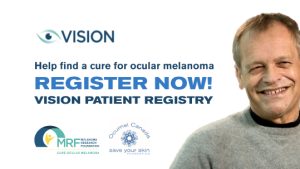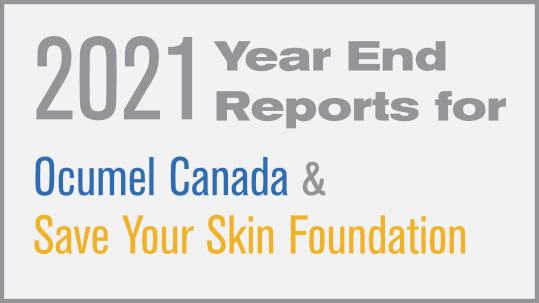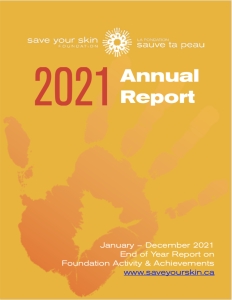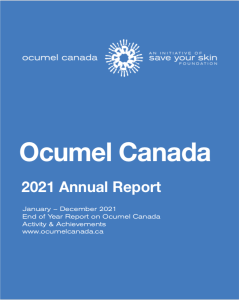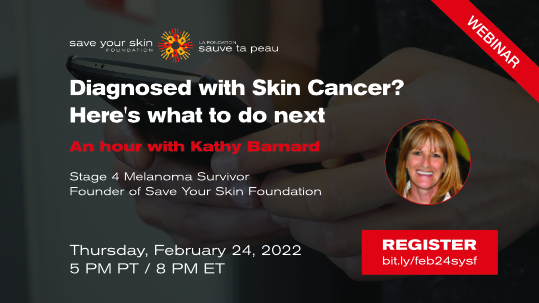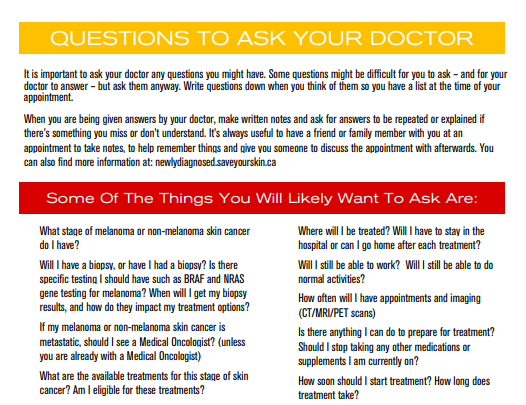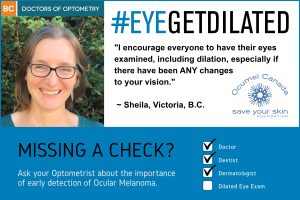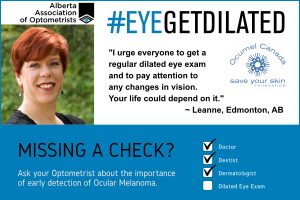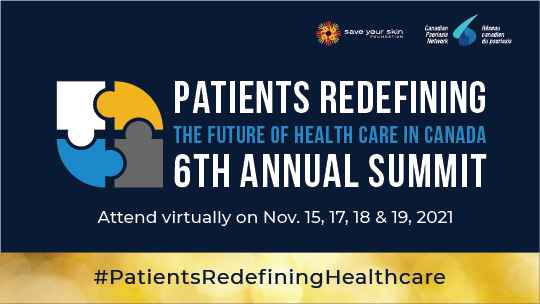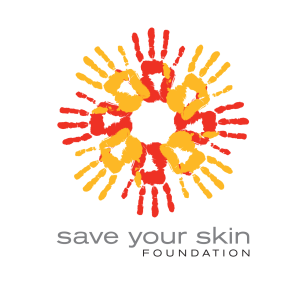Creating a Shared Vision of Progress and Hope
Date of the meeting: November 6, 2023
Hosted by the Melanoma Research Foundation
The recent Cure OM Global Science Meeting held in Philadelphia aimed to foster a shared vision of progress and hope in the fight against ocular/uveal melanoma. The event brought together researchers, clinicians, industry partners, and patients to discuss advancements, clinical trials, and collaborative efforts. The mission, as emphasized by the Melanoma Research Foundation, is to eradicate melanoma through accelerated research, education, and advocacy.
This blog article summarizes some of the meeting’s highlights.
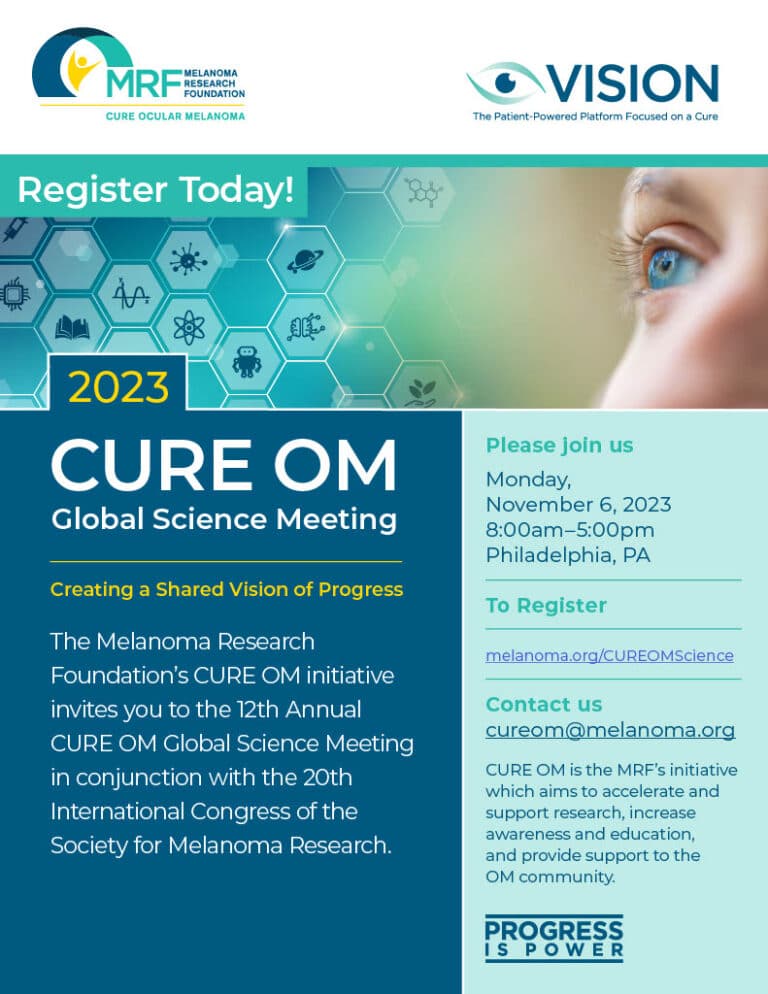
Navigate to Topics
Highlights
Dramatic Evolution in Research Landscape
- Reflecting on the past decade, participants noted a significant shift in the ocular melanoma research landscape.
- In 2013, industry partners didn’t participate actively in the discussion and the focus was on understanding the unique characteristics of uveal melanoma, distinct from cutaneous melanoma.
- In 2023, the meeting showcased substantial progress with seven industry partners actively engaging in discussions, covering primary eye treatment, genetic prognostics, metastatic disease treatments and adjuvant and neo-adjuvant therapies.
Industry Partner Presentations

Aura provided updates on AU-011 (Bel-Sar), a virus-like particle conjugated with a light activated cytotoxin which aims to kill the tumor. It is either injected suprachoroidally or intravitreally and is light-activated. They presented some positive data showing the safety and efficacy giving us hope that perhaps this could be a new primary treatment that could treat primary uveal melanoma while sparing patients from dealing with the fallout from radiation-induced retinopathy. Bel-Sar will hopefully be moving into a phase three clinical trial.

Delcath discussed Hepzato, a recently FDA-approved liver-directed therapy which is set to be commercially available in early 2024.

Ideaya reported promising data in the Phase 1/2 trial of darovasertib and crizotinib, with pivotal trials now open at multiple sites in the US and abroad. Neoadjuvant and adjuvant trials will also be opening worldwide.

Immunocore presented on tebentafusp or Kimmtrak, the first FDA approved therapy for metastatic uveal melanoma. It is now widely available in the US and abroad. And there are some ongoing trials looking at other targets.

Replimune is looking to open a clinical trial in the uveal melanoma space. They are working on an intralesional (direct injection into the tumor) modified virus. It is a herpes virus that is modified with something called GM-CSF and other immune tweaks to help the immune system recognize the cancer. In a trial, metastatic uveal melanoma patients were given either just this injection or the injection in combination with nivolumab and the response rates were upwards of 28.6% with a disease control rate of 57.1%. There is hope that this clinical trial will be available to patients soon.

TriSalus presented on the ongoing Perio-1 clinical trial. This is an intra-hepatic artery delivery of an immune stimulant via a special catheter in combination with immune checkpoint inhibitors that are given peripherally.
Discussion Points
A key emphasis was placed on the growing interest and involvement of various companies in developing treatments for ocular/uveal melanoma. While this is a positive trend, speakers highlighted the need for collaboration to avoid competition between trials and ensure inclusivity. Physicians don’t want patients to feel that if they start one clinical trial, they won’t be able to go on another. Suggestions included making inclusion and exclusion criteria less restrictive, ensuring trials are accessible across different regions and supporting patients so that lack of access to clinical trials is not a reason to not participate.
Liver-Directed Therapy – Pros and Cons
The discussion then turned to liver-directed therapy, a crucial treatment approach for uveal melanoma. Dr. Orloff underscored the importance of understanding the pros and cons of liver-directed therapy, systemic therapy, and combination therapy. These considerations are crucial for patients facing decisions about the most suitable treatment path.
1. Liver-Directed Therapy:
- In MUM, liver metastases are leading cause of death
- Various liver directed treatments can be very effective at controlling hepatic metastases
- Often well tolerated with limited side effects experienced between treatments
- Some patients only require limited treatments with long treatment free intervals
- Not restricted to any one population
- Have one FDA approved LDT option (PHP)
- MUM by definition is a systemic disease and extrahepatic disease can develop and lead to morbidity and rarely mortality
- Requires institutional expertise
- Patients may need to travel further for treatment
- Some liver directed treatments require more extensive resources
- Limited randomized trial data (comparing LDT or to systemic treatments)
2. Systemic Therapy:
- Treatment of systemic disease (treats the whole body)
- Tebentafusp is available and has an overall survival benefit and good side effect profile
- Darovasertib + Crizotinib is also an option with a decent objective response rate (ORR) and disease control rate (DCR)
- Tebentafusp is HLA restricted
- It needs to be injected weekly
- It has a low response rate and has a high rate of immune-related adverse event
- It may not shrink tumours up-front
- Often systemic trials are restricted to line of therapy
3. Combination Therapy:
- Potential to control both hepatic and systemic metastasis
- Opportunities for debulking tumors before systemic therapy
- Synergy of liver directed treatment and systemic treatment especially when using systemic immunotherapy
- Optimal combinations and sequences are unknown
- Toxicities of both therapies need to be managed
Data Highlights and Proposed Studies
TriSalus
TriSalus presented data as a late-breaking abstract at the Society for Immunotherapy of Cancer (SITC) annual meeting. They are investigating their special catheter that allows infusion of SD-101 infusion in combination with immunotherapy. There have been multiple cohorts, and the results so far show a 58% disease control rate (DCR) across all SD-101 doses and an 81% DCR at two milligrams. Optimizing dosage is a focus, as higher doses may not necessarily be more effective. Preliminary overall survival signals are encouraging.
Percutaneous Hepatic Perfusion (PHP)
PHP is a catheter system facilitating closed-circuit liver perfusion with melphalan. Results from the focus trial, presented in 2022 at ASCO, demonstrated significant improvements in overall response and disease control compared to alternative care arms. Side effects, primarily related to bone marrow suppression, were noted.
Combination Trial Designs
Ongoing trials show promise in combining hepatic perfusion with immune checkpoint inhibitors.
- The Scandium II trial compared hepatic perfusion (IHP) followed by immune checkpoint inhibitors (ICI), with ICI followed by IHP followed by more ICI. The Scandium III trial compared ICI alone with PHP followed by ICI.
- Another trial presented by Dr. Orloff explored combining tebentafusp with liver-directed therapy. For lower volume disease, the design involves administering tebentafusp upfront, followed by liver-directed therapy. For higher volume disease, the design involves chemoembolization first, followed by tebentafusp.
Adjuvant and Neo-Adjuvant Clinical Trials
Three new trials will be opening soon in the adjuvant/neo-adjuvant space:
- Quizinostat (University of Miami)
- Neoadjuvant/Adjuvant Darovasertib
- ATOM: Adjuvant Tebentafusp Ocular Melanoma
Tebentafusp in Practice
Dr. Butler, Dr. Sullivan and Dr. Seedor all presented on tebentafusp in practice. Tebentafusp is a bispecific molecule that brings T-cells to the tumour and have been showed to offer significant survival benefits. The challenge lies in translating clinical trial success to real-world scenarios, where patients might have more advanced disease.
Dr. Seedor shared case vignettes featuring patients with a substantial disease burden. These patients showed potential benefits from tebentafusp but Dr. Seedor suggested that stabilizing patients before initiating tebentafusp might be necessary for optimal outcomes.
Dr. Butler presented on the situation in Canada, where initial access to the drug was previously restricted to two centres, but has now expanded nationwide, enabling a diverse group of patients to undergo tebentafusp treatment. In a real-world grouping of patients, it was observed that stabilization or positive responses to tebentafusp were linked to improved outcomes, aligning with findings from clinical trials and showing that a variety of patients are experiencing benefits from tebentafusp.
Dr. Sullivan presented innovative data addressing the challenge of assessing tebentafusp’s impact on cancer. While the drug may not necessarily shrink tumours, it slows down their growth. Traditionally, oncologists rely on tumour shrinkage to gauge treatment efficacy. Dr. Sullivan discussed findings suggesting that even in cases of disease progression on imaging, a decrease in circulating tumour DNA correlates with a more favourable response to therapy. However, the specific assay used in the study isn’t commercially available. Dr. Sullivan found that there are several ways to analyze circulating tumour DNA and cells in the blood fraction and that one of them might be better suited to patients with uveal melanoma, suggesting that even patients who are on standard of care treatment may benefit from clinical trials that use this biomarker as a way to follow patients.
Systemic Therapies Highlights
Several presentations focused on systemic therapies.
Dr. Moser shared insights into emerging therapies:
- Roginolisib – PI3Kδ inhibitors are showing promising results in patients and in animals
- Radioligand therapy – A novel approach to targeting tumors using a molecule that brings radiation particles directly to the tumour to target tumour cells.
- TCR Therapy – Promising trials are trying to target tumors with cell therapies. There are actually several different studies looking at TCR based therapies, CAR T-cell based therapies as well as tumor infiltrating lymphocyte therapies are being studied across the world to determine the best approach for patients.
Dr. Hamid explored byspecific antibodies in OM:
- He highlighted the three-year survival rate for tebentafusp, which showed a consistent benefit in terms of overall survival. Unfortunately, not enough patients are doing really well five years later, but certainly, they’re doing better than they were on the investigator’s choice protocol.
- Immunocore has a new agent called F106C that targets PRAME, which is an antigen expressed highly in uveal melanoma but also in other types of cancers. They’ve seen a high percentage of response in patients with uveal melanoma as well as skin tumours. And there are several follow up trials beyond the initial phase one to look at the role of this study in patients with uveal melanoma, cutaneous melanoma, as well as other tumours in the future.
- Various different types of immune cells are being investigated for cancer treatment:
- Lymphocyte cells that are allogeneic (cells that come from one person and are used in another person to fight the cancer)
- CAR T-cell
- Bispecific agents brought into a cell and infused as a therapy
- Human mesenchymal stromal cells
Dr. Butler presented on Protein Kinase C Inhibition. He covered the promising results of darovasertib in combination with crizotinib for uveal melanoma, presenting a high response rate, even in patients with significant disease burdens. The phase one study, having transitioned to phase two/phase three, is now comparing darovasertib and crizotinib to immunotherapy or investigator choice in the first-line setting. The study aims to provide insights into the therapy’s duration, side effects, and optimal administration strategies across multiple centres. However, challenges remain, such as determining the sequencing of therapies, determining which patients should get the drug right away and which patients should be treated later on, and engaging with pharmaceutical companies to ensure patients have access to various treatment lines.
Dr. Khan reviewed data on immunotherapy with checkpoint inhibitors, pointing out that, while there is a higher response rate with combination immunotherapy, there are many more side effects with combination immunotherapy compared to single agent anti PD-1 therapy. Studies that compared ipilimumab + nivolumab versus nivolumab or pembrolizumab alone showed that the overall survival rate in these non-concurrent clinical trials are not that different. The response rate is a bit higher for combination versus single agent but there is no significant difference in overall survival.
One study looked at the LAG-3 combination of nivolumab and relatlimab and found that the response rate was higher than for a single agent, but a little bit lower than combination in that study. It may be an option for patients that want a higher response rate with less side effects.
Patient-Powered VISION Registry
Sara Selig introduced the VISION platform, a patient-powered real-world registry. With over 400 registered patients, the platform aims to collect data on diagnosis, barriers to treatment, and patient priorities. This valuable information aids in understanding the patient experience and advocating for improved resources and access.
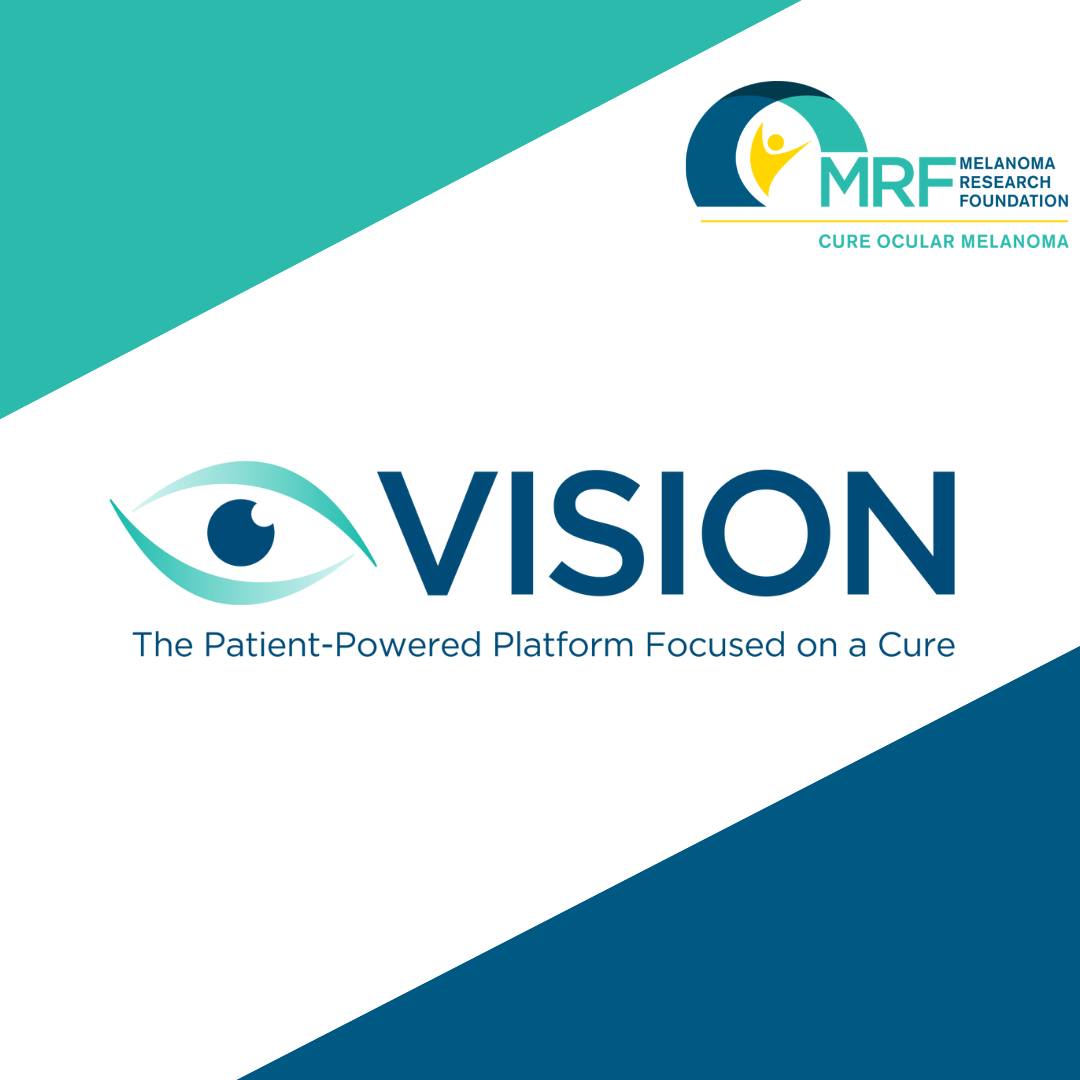
In conclusion, the CURE OM Science Meeting showcased a vibrant landscape of advancements in ocular melanoma treatment. From neoadjuvant trials to real-world applications and promising biomarkers, the meeting underlined the collaborative efforts driving progress. As patients, advocates, and researchers continue to navigate this journey, the collective commitment to advancing knowledge and accessibility remains a beacon of hope.


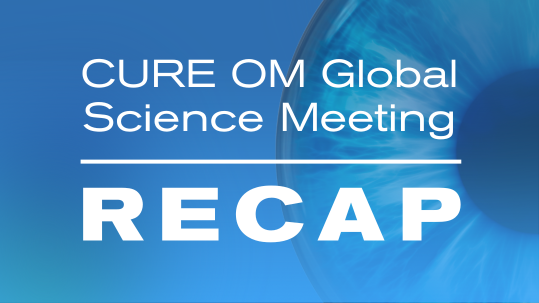
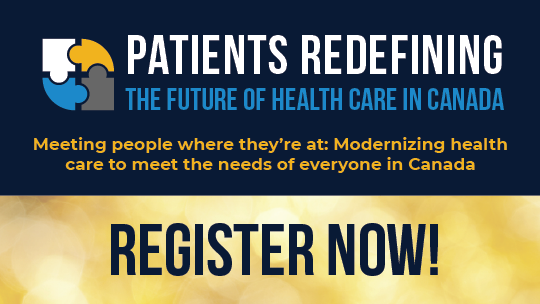
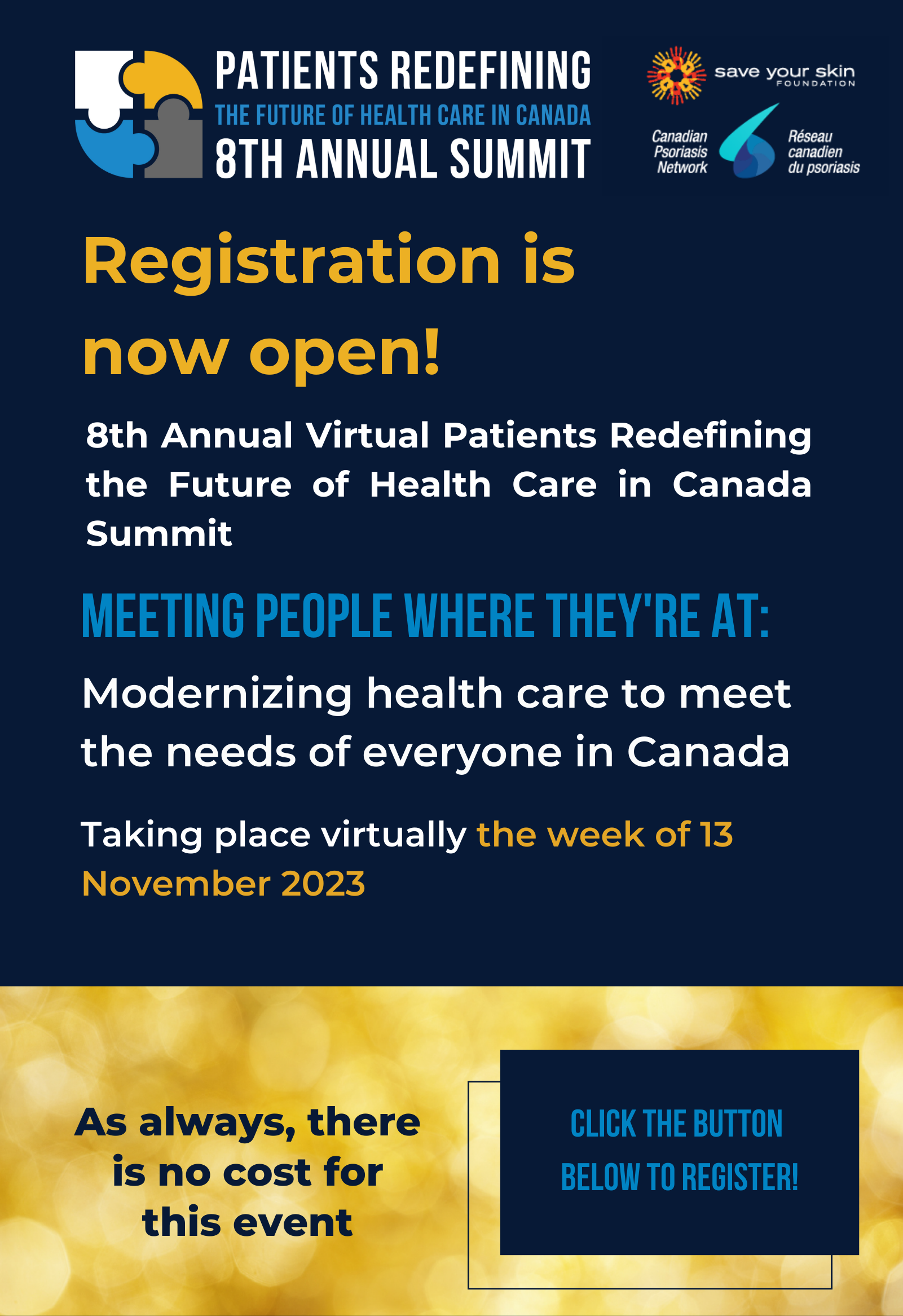
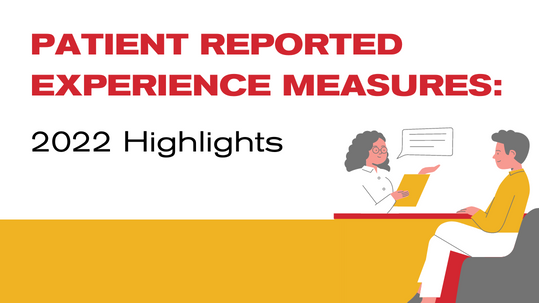
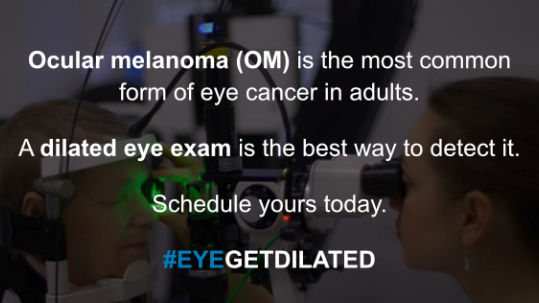
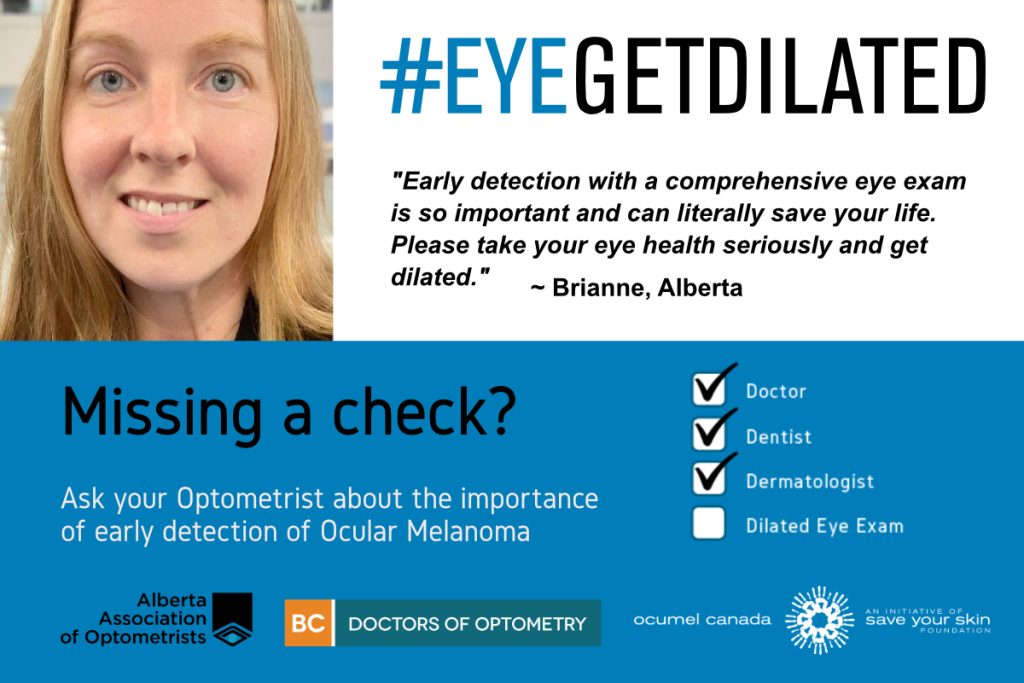


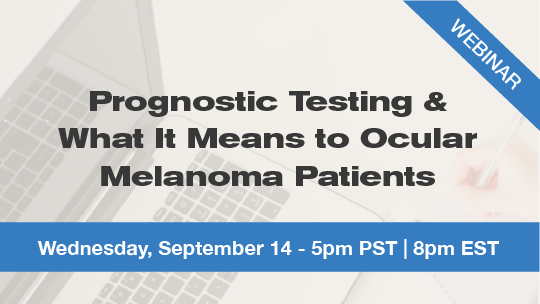
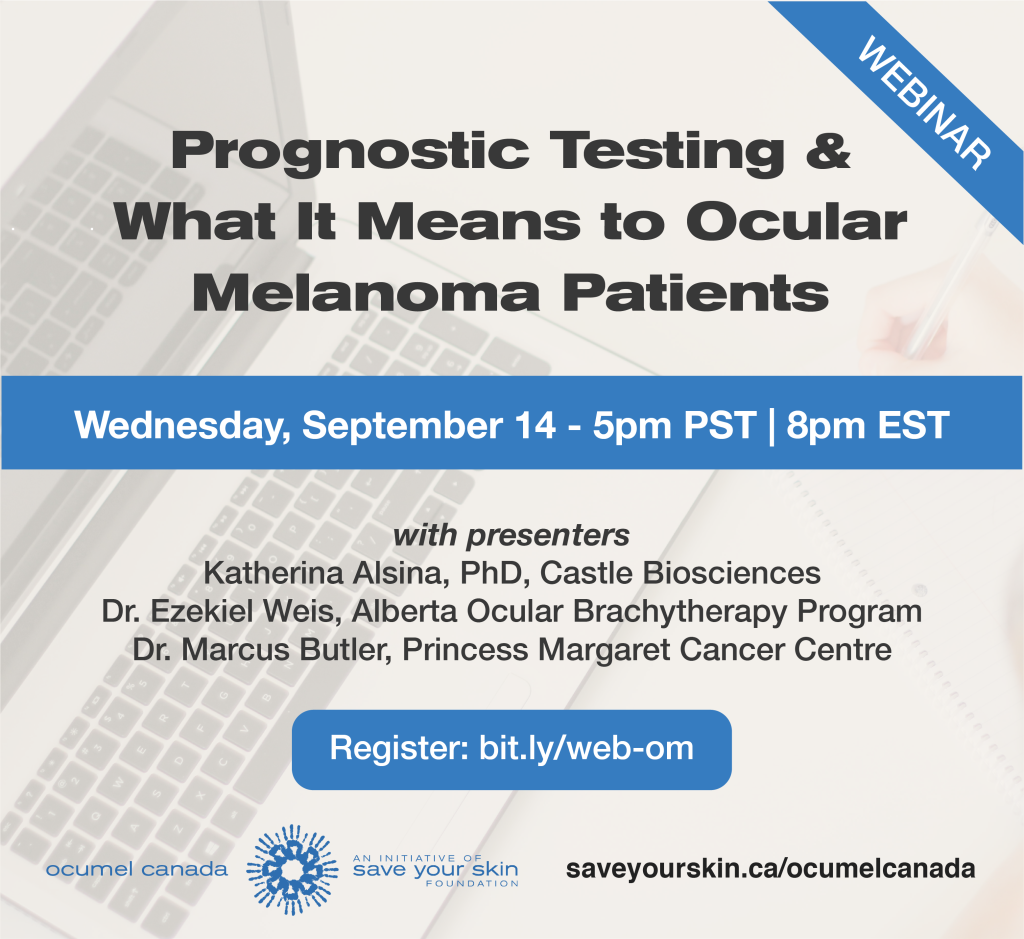 Join us for a free webinar on Wednesday, September 14 at 5pm PST | 8pm EST.
Join us for a free webinar on Wednesday, September 14 at 5pm PST | 8pm EST.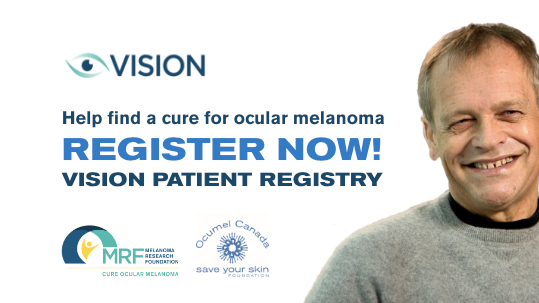
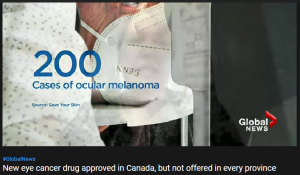 As Ocumel Canada continues to support and advocate for patients touched by ocular melanoma (OM), we are happy to see a monumental step forward in the treatment of this disease across Canada. Last week, Health Canada granted a notice of compliance (NOC) for Kimmtrak® (tebentafusp) for the treatment of metastatic ocular melanoma, closely following approvals in the United States, Australia, and the European Union.
As Ocumel Canada continues to support and advocate for patients touched by ocular melanoma (OM), we are happy to see a monumental step forward in the treatment of this disease across Canada. Last week, Health Canada granted a notice of compliance (NOC) for Kimmtrak® (tebentafusp) for the treatment of metastatic ocular melanoma, closely following approvals in the United States, Australia, and the European Union.